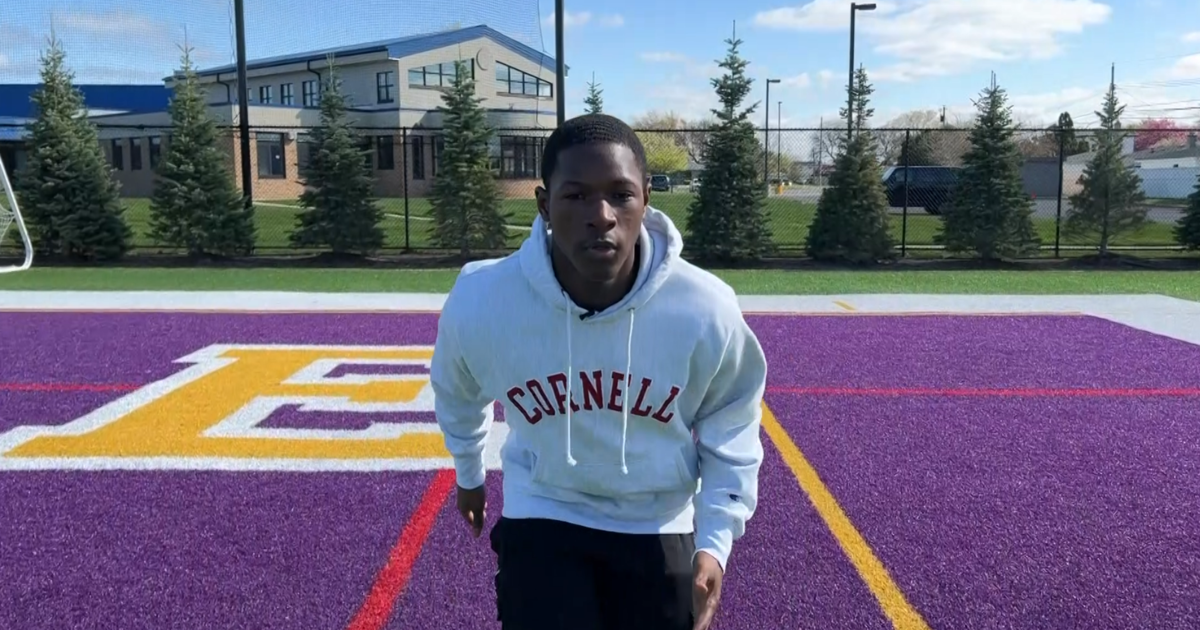CMU Gets Blue Cross-Blue Shield Grant For Game-Based Physical Therapy
MT. PLEASANT -- Central Michigan University is expanding its research on the use of virtual reality game-based physical therapy to help patients overcome traumatic brain injury thanks to a one-year $84,314 grant from Blue Cross Blue Shield of Michigan Foundation.
The grant follows recent CMU and U.S. Department of Defense efforts using gaming technology to help American soldiers recuperate from brain injury.
Although a relatively new technology, CMU physical therapy professor Ksenia Ustinova says VR game-based therapy has several advantages over conventional physical therapy.
"Performing real-world tasks in a regular therapeutic setting is limited by the client's ability, frustration and lack of success, which can demotivate the patient from practicing," Ustinova said. "Game-based rehabilitation offers a variety of scenarios like skiing or crossing the street in which mistakes do not pose any risk to the participant and criteria for performance success can be scaled according to the individual's ability."
CMU is a leader in the relatively new use of virtual reality therapy. In 2010, a team of faculty, staff and students led a $391,000 U.S. Department of Defense grant effort to design a virtual reality gaming therapy to help soldiers rehabilitate from traumatic brain injuries. That team was a joint effort among CMU's physical therapy, computer science, information technology and psychology departments.
The grant awarded to CMU in support of results from CMU's study will improve the quality and outcomes of treatment, increase access to rehabilitation, and thereby facilitate restoration of coordination abnormalities in this population.
"The BCBSM Foundation is dedicated to improving the health of Michigan residents through the support of research and innovative programs," says Ira Strumwasser, executive director and CEO. "We are delighted to make this grant to such a strong team of CMU researchers who are dedicated to that same mission."
The gaming system is located in the Virtual Reality Laboratory in CMU's Health Professions Building. The lab is equipped with an 82-inch 3-D TV, a laptop computer and a motion capture system that converts the patient's body into an on-screen avatar.
The 3-D games help patients build both motor and cognitive abilities by manipulating physics of the timing and precision of environmental interactions, which TBI patients cannot achieve easily in the real world. This technology helps patients retrain and recondition muscles.
Recent patient Patty Fyke says the game-based therapy helped her make mental and physical improvements following injuries from a car accident in 2007.
"My favorite part was the octopus skate boarding game," said Fyke. "The game got me moving and using my brain a lot more. It helped me strengthen my muscles and regain my memory."



